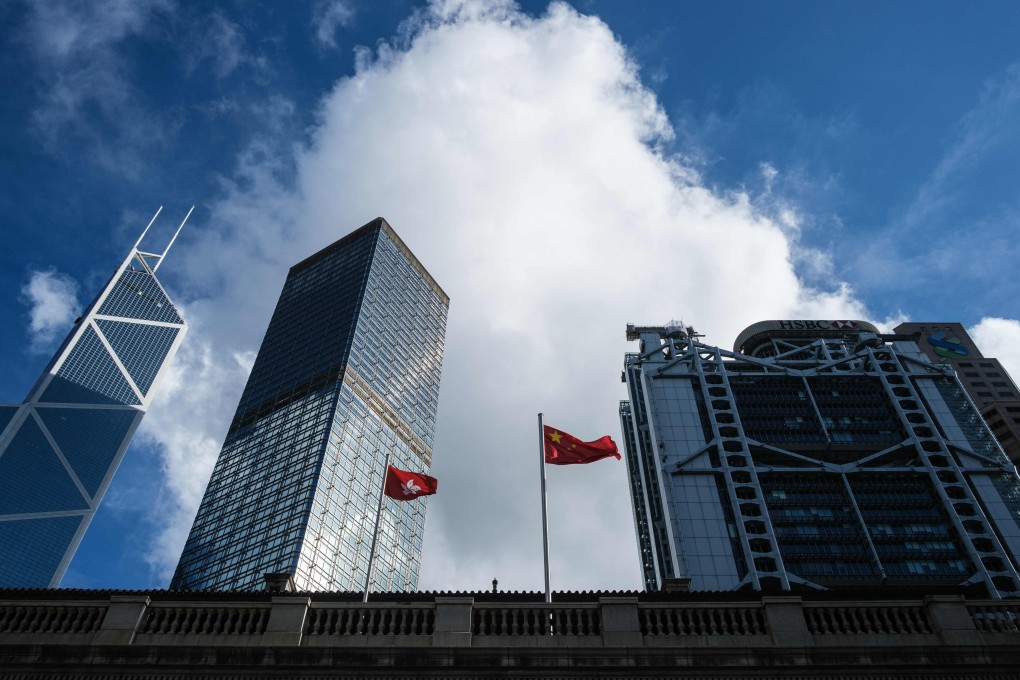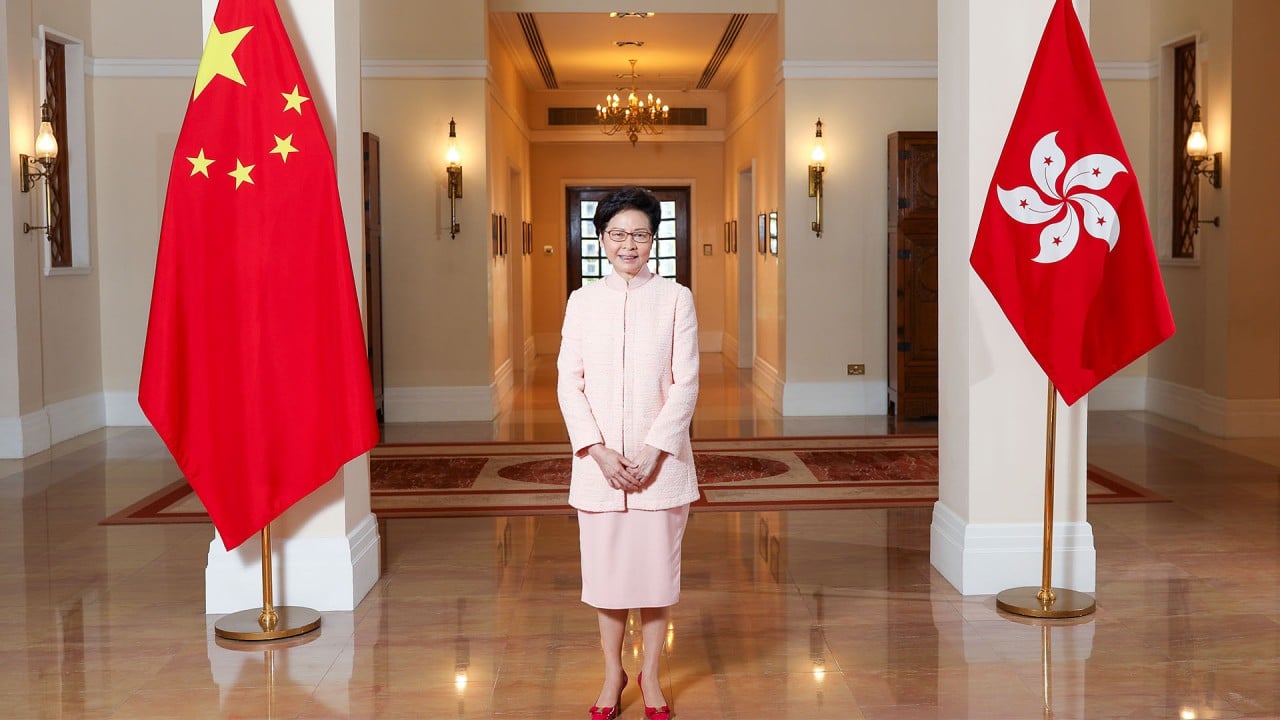Advertisement
Opinion | Beijing’s call for judicial reform spells the end of the Hong Kong system
- The move to align Hong Kong’s common law system with mainland expectations cannot be said to be a surprise, as Beijing has been consistent in its pronouncements on Hong Kong’s place in China
Reading Time:4 minutes
Why you can trust SCMP
86

In How to Be a Dictator, a study of eight dictators in the 20th century, Dutch historian Frank Dikötter, chair professor of humanities at the University of Hong Kong and author of a prize-winning trilogy on Mao Zedong’s China, argues that omnipresence, omnipotence, unpredictability and dissembling are critical to a dictatorship.
These characteristics, he argues, sow confusion, terror and fear, to produce “docile, atomised individuals”, and transform every sector of society into liars. The resulting sense of insecurity and uncertainty, both at home and abroad, is what keeps a dictator in power.
Omnipresent and omnipotent, Chinese President Xi Jinping certainly cannot be accused of being unpredictable or dissembling. In fact, his visions of China, China’s place in the world order and Hong Kong’s place in China had been clear long before Beijing imposed its national security law on Hong Kong on June 30.
Shortly after he assumed power as General Secretary of the Chinese Communist Party in 2012, Xi told the world of his “Chinese dream” in which “the great rejuvenation of the Chinese nation” would be realised under his reign. In 2014, the State Council stated in its white paper on Hong Kong that China had “comprehensive jurisdiction” over the city.
The 1984 Sino-British Joint Declaration, which supposedly guarantees Hong Kong’s ways of life until June 2047, was described by China’s foreign ministry in 2017 as a “historical document that no longer has any realistic meaning”. Hong Kong is China’s city in all its glory.

04:18
Hong Kong leader Carrie Lam still believes she did the right thing in trying to pass extradition bil
Hong Kong leader Carrie Lam still believes she did the right thing in trying to pass extradition bil
In my last column, I wrote that Gleichschaltung – China’s consolidation of its total control and coordination over all aspects of Hong Kong society – was running at full speed. Two days later, the Standing Committee of the National People’s Congress issued a resolution that anyone deemed by Beijing to be insufficiently patriotic must be immediately disqualified from office for Hong Kong’s Legislative Council without recourse to judicial process.
Advertisement
